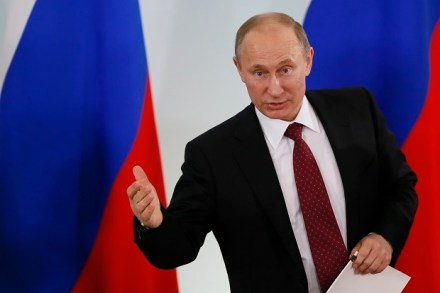Have Edward Snowden and the Guardian started a ‘debate’?
The Snowden files continue to dominate the news today. Vince Cable has said that the Guardian newspaper had provided a ‘considerable public service’ by publishing Edward Snowden’s leaked material. This contrasted with Nick Clegg’s effort on LBC Radio yesterday (above). Clegg said that it was important to have a debate about technology and privacy, before condemning the Guardian for releasing ‘technical’ material that would have interested ‘those who want to harm us’. Rarely have the tensions running through the Liberal Democrats (a protest movement and an aspiring party of government) sounded more clearly in my ear. Our own Douglas Murray is rather more clear-minded than either of these august gentlemen.



















